Federalising India
The purpose of this study is to examine federalism, its different forms, as well as the ability of different federal systems to absorb change through the creative reworking of centre-state equations
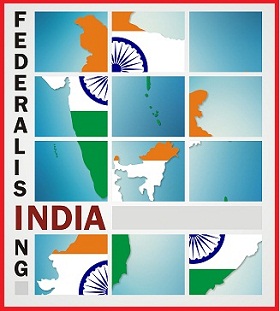 Courtesy:
Courtesy:
The purpose of this study is to examine federalism, its different forms, as well as the ability of different federal systems to absorb change through the creative reworking of centre-state equations
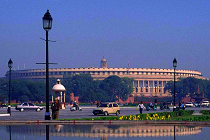 Courtesy: Wikipedia
Courtesy: Wikipedia
India’s federalism sees territory as fixed space through which power is distributed. We must instead imagine a federalism of time, a non-linear layering that reverses the heliocentrism of the State. It will give us models of disorder to create a diversity-sensitive system, and a new prism to re-imagine India’s future
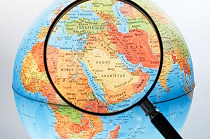 Courtesy: Synthesio.com
Courtesy: Synthesio.com
Many Arab Republics are mired in political discord after the departure of the old tyrannical regimes opened up spaces for new struggles. In Iraq, Yemen, Libya, and Sudan, attempts to address the turmoil through constitutional reform are facing challenges. Will a democratic federalism be attained when the battles are done?
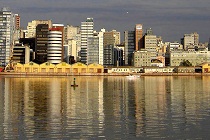 Courtesy: wikimedia\commons
Courtesy: wikimedia\commons
Brazil follows a more decentralised form of federalism and gives special importance to the municipalities. Porto Alegre’s successful 'participatory budgeting' is a role model for the world. India can learn from both the positive and negative aspects of the Brazilian system
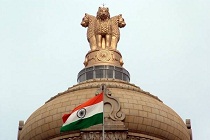 Courtesy: in.com
Courtesy: in.com
The government in New Delhi can address roadblocks in centre-state relations in various ways: by allowing fiscal federalism through such measures as a reallocation of resources; customising central schemes to state-specific needs; and by formulating policies through consultation, not confrontation
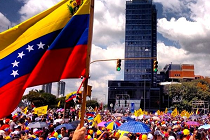 Courtesy: durdaneta/Wikimedia
Courtesy: durdaneta/Wikimedia
Latin America’s economic growth has slowed down in 2014. But the region’s fundamentals are relatively strong, and have the resilience to absorb external shocks and increase growth in the coming years. However, Argentina and Venezuela face continuing uncertainty and deterioration.
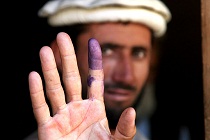 Courtesy: Wikimedia\commons
Courtesy: Wikimedia\commons
Squabbling over Afghan election results still continues but the collapse of the process has been averted for now. More than 700 international election observers are in Kabul ready to conduct the 100% audit of the Afghan runoff election. India has always supported a peaceful transition but the situation in Kabul remains as unpredictable as ever
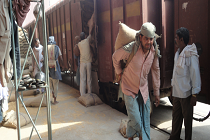 Courtesy: Food Corporation of India
Courtesy: Food Corporation of India
India's refusal to budge on food security has resulted in the World Trade Organization’s failure to reach the first multilateral trade agreement in the last two decades. Having taken a tough stand can India take the lead, among developing countries, in reframing the power equations of globalisation?
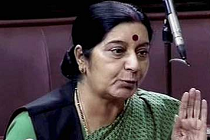 Courtesy: Rajya Sabha TV
Courtesy: Rajya Sabha TV
Historically, India has supported the Palestinian cause but today, shares strong diplomatic relations with both West Bank and Tel Aviv. India's vote at the UNHRC has provoked much debate within the country as it marks a distinct shift in the government's stand from a few weeks ago when it was reluctant to even discuss the Gaza crisis in Parliament
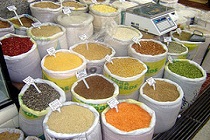 Courtesy: Rigues/Flickr
Courtesy: Rigues/Flickr
Recent developments at the WTO's two-day General Council Meeting that started on July 24 suggest that India will agree to sign the trade facilitation agreement only if the deal comes bundled with a permanent solution that will allow unhindered roll-out of welfare schemes such as the food security programme.